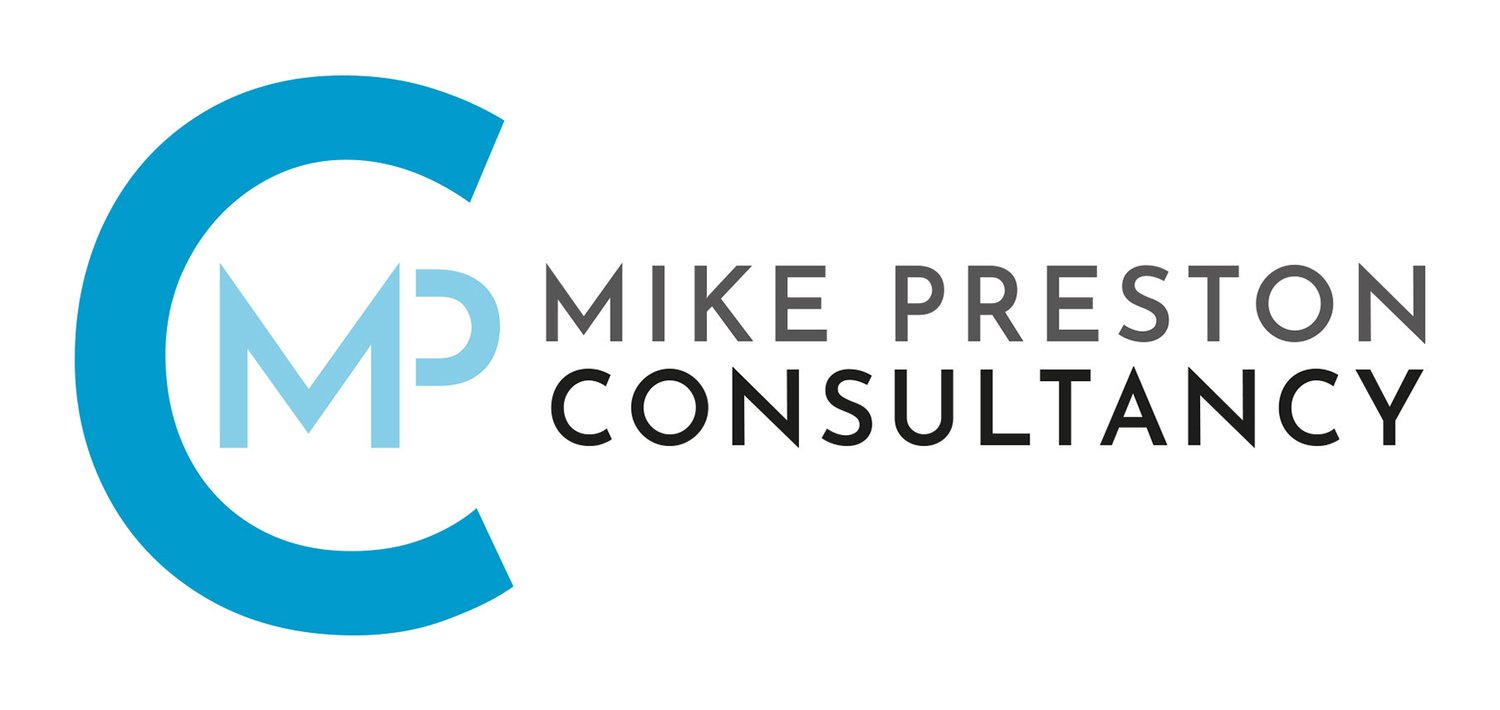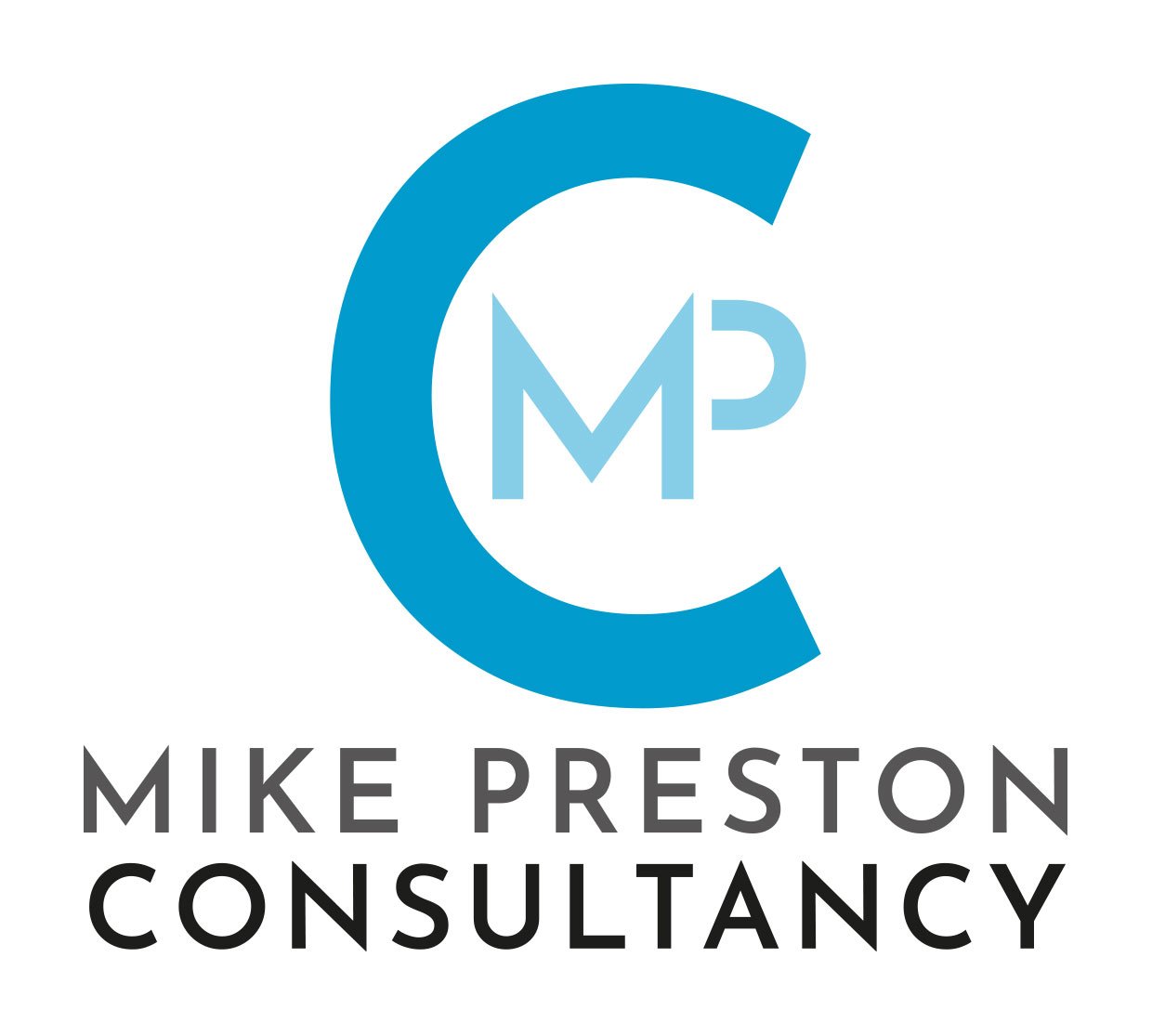10 Proven Strategies for Effective Charity Management
Managing a charitable organisation is a rewarding yet challenging endeavor. The ultimate goal is to make a meaningful impact, but achieving this requires a careful balance of passion, strategic planning, and operational excellence. Whether you're a seasoned charity manager or just starting out, adopting effective management strategies can ensure your organisation thrives. This blog will dive into ten proven strategies for effective charity management, with a specific focus on risk management, financial management, policies and procedures, and delegated authority.
1. Implement Comprehensive Risk Management: Charitable organisations face various risks, ranging from financial threats to reputational damage. Therefore, a robust risk management plan is crucial. Start with a thorough risk assessment to identify potential threats. Once identified, categorise risks by their impact and likelihood, and develop strategies to mitigate them. Regularly update your risk management policies to adapt to new challenges. Awareness and preparation can save your charity from unforeseen crises.
2. Exercise Sound Financial Management: Effective financial management is the backbone of any successful charity. Develop a detailed budget that aligns with your organization's mission and strategic goals. Monitor income and expenses diligently through monthly financial statements. Collaborate with a qualified accountant or financial advisor to ensure compliance with legal and tax responsibilities. Transparency in financial matters not only builds trust with donors but also ensures long-term sustainability.
3. Establish Clear Policies and Procedures: Policies and procedures are the framework that supports day-to-day operations. They provide consistency, accountability, and a reference point for decision-making. Document key policies, including those for volunteer management, fundraising, procurement, and conflict resolution. Make these documents easily accessible to staff and volunteers. Regularly review and update policies to reflect legislative changes and evolving organizational needs.
4. Uphold Delegated Authority: Delegated authority is about empowering team members by assigning responsibilities and decision-making powers. Clearly define the roles and expectations of staff and volunteers. Delegation not only distributes workload but also fosters ownership and accountability within the team. However, maintain oversight to ensure that delegated tasks align with the organisation's objectives. This is a vital role for Trustees and would expect this to be an agenda item in most Trustee meetings.
5. Foster Effective Communication: Clear, consistent, and transparent communication is essential. Establish regular meetings and updates for all team members to keep everyone on the same page. Use various channels such as emails, newsletters, and social media for internal and external communication. Ensure that feedback loops are in place to address concerns and celebrate successes.
6. Engage in Strategic Planning: Strategic planning involves setting long-term goals and determining the best ways to achieve them. Conduct a SWOT analysis to understand your charity's strengths, weaknesses, opportunities, and threats. Establish clear, measurable objectives and develop an actionable plan. Regularly review and adjust your strategy to remain relevant and effective.
7. Prioritise Training and Development: Investing in your team’s growth can have a profound impact on your charity's success. Provide continuous training and professional development opportunities. This could include workshops, webinars, and certifications relevant to nonprofit management. A knowledgeable and skilled team is better equipped to fulfill your charity’s mission.
8. Cultivate Donor Relationships: Building and maintaining strong relationships with donors is essential for funding. Regularly communicate the impact of their contributions and update them on your progress. Personalized communication can enhance donor loyalty. Consider developing a donor recognition program to show appreciation and encourage continued support.
9. Utilise Technology Effectively: Leverage technology to streamline operations and improve efficiency. Tools like donor management software, project management platforms, and social media can significantly enhance productivity. Keep abreast of technological advancements and consider how they can be integrated into your charity’s operations for better outcomes.
10. Monitor and Evaluate Performance: Regular performance monitoring and evaluation ensure that your charity remains on track to meet its goals. Develop key performance indicators (KPIs) to measure the success of various initiatives. Conduct periodic evaluations to assess whether your strategic plans and operational activities are yielding the desired results. Use insights gained from these evaluations to make informed adjustments and improvements.
Effective charity management is a multifaceted endeavor that blends strategic planning, sound financial practices, and robust operational frameworks. By focusing on risk management, financial stewardship, clear policies, and delegated authority, you set your organisation up for sustained success. Implement these ten proven strategies to enhance your charity's ability to fulfill its mission and make a lasting impact in the community.
Remember, the ultimate goal is to drive positive change. With the right management strategies in place, your charity can meet its objectives and improve the lives of those it aims to serve.
Remember there are loads of ways that we can support you to achieve some of these tasks, from our consultancy and training, through to our Free Charity Health Check. You can find out more information on our website, as well as looking back through our blog archive.


